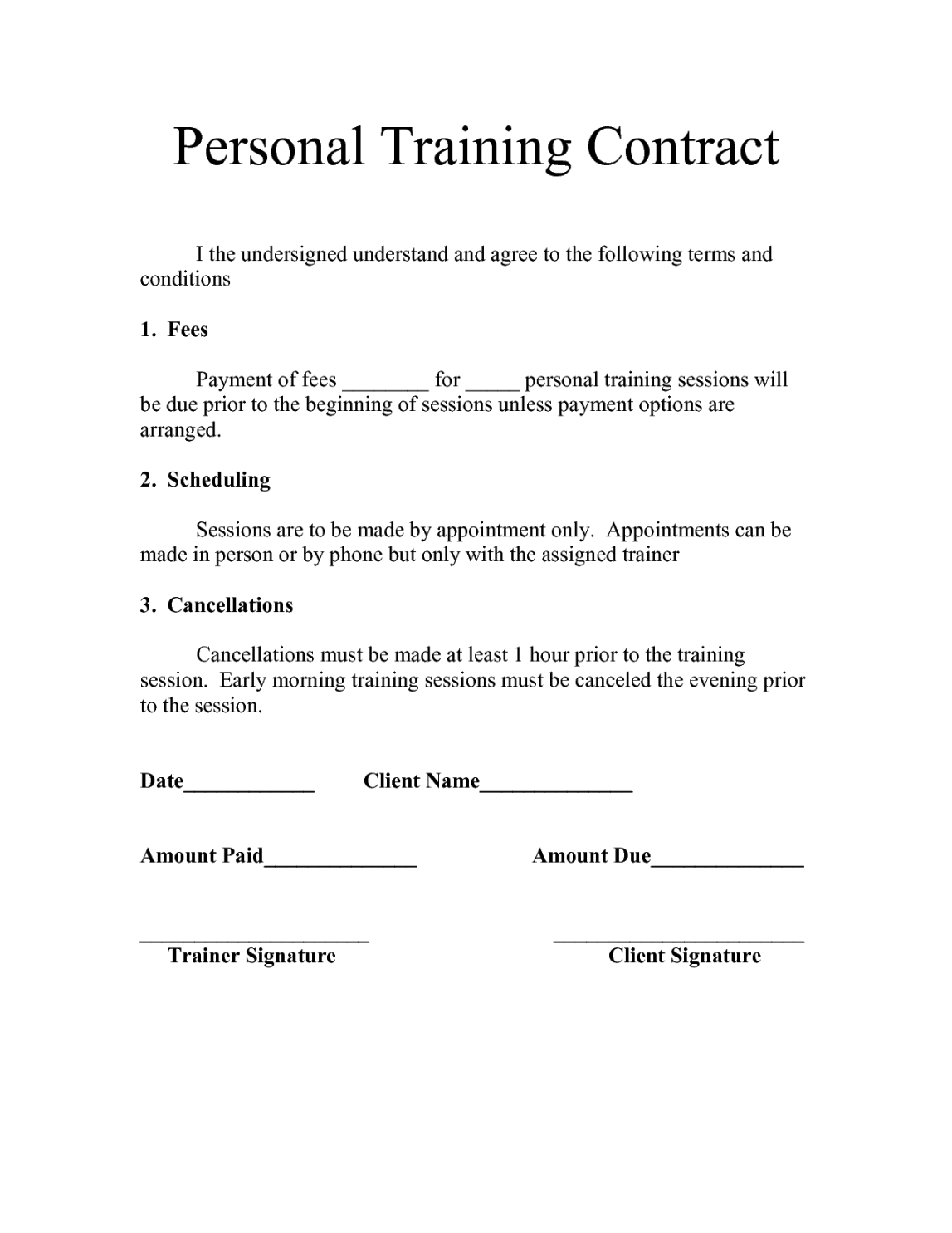A Freelance Trainer Agreement Template is a legally binding document that outlines the terms and conditions of a training engagement between a freelance trainer and a client. This document serves as a crucial foundation for a successful and mutually beneficial training experience.
Key Components of a Comprehensive Freelance Trainer Agreement Template:
1. Parties to the Agreement
Clearly identify the parties involved:

Image Source: pinimg.com
Freelance Trainer: Full Name and Business Name (if applicable)
2. Scope of Work
This section defines the specific training services to be delivered. It should include:
Training Objectives: Clearly stated learning outcomes that the client expects trainees to achieve.
3. Trainer Responsibilities

Image Source: pinimg.com
This section outlines the obligations of the freelance trainer, such as:
Delivering high-quality training: Ensuring that the training meets the agreed-upon objectives and is engaging and effective.
4. Client Responsibilities
This section outlines the obligations of the client, such as:
Providing the necessary resources and support to the trainer.
5. Payment Terms
This section outlines the financial aspects of the agreement, including:
Total Training Fee: The agreed-upon fee for the training services.
6. Intellectual Property
This section addresses ownership of training materials and any intellectual property created during the training engagement.
Ownership of Training Materials: Clearly define who owns the rights to any training materials created by the trainer.
7. Termination
This section outlines the circumstances under which either party may terminate the agreement.
Termination for Cause: Grounds for termination by either party (e.g., breach of contract, unsatisfactory performance).
8. Dispute Resolution
This section outlines the process for resolving any disputes that may arise between the parties.
Negotiation: The parties agree to attempt to resolve any disputes through good-faith negotiation.
9. Governing Law
This section specifies the governing law of the agreement.
10. Entire Agreement
This clause states that the agreement constitutes the entire understanding between the parties and supersedes all prior or contemporaneous communications or agreements, whether oral or written.
11. Severability
This clause states that if any provision of the agreement is held to be invalid or unenforceable, the remaining provisions shall remain in full force and effect.
12. Notices
This section specifies how notices and other communications must be delivered between the parties.
13. Signatures
The agreement must be signed and dated by both parties to be legally binding.
Design Considerations for a Professional Freelance Trainer Agreement Template:
Professional Layout: Use a clean and professional layout with clear headings and subheadings.
By carefully drafting and executing a Freelance Trainer Agreement Template, both the trainer and the client can establish a clear understanding of their respective rights and obligations, ensuring a successful and mutually beneficial training experience.